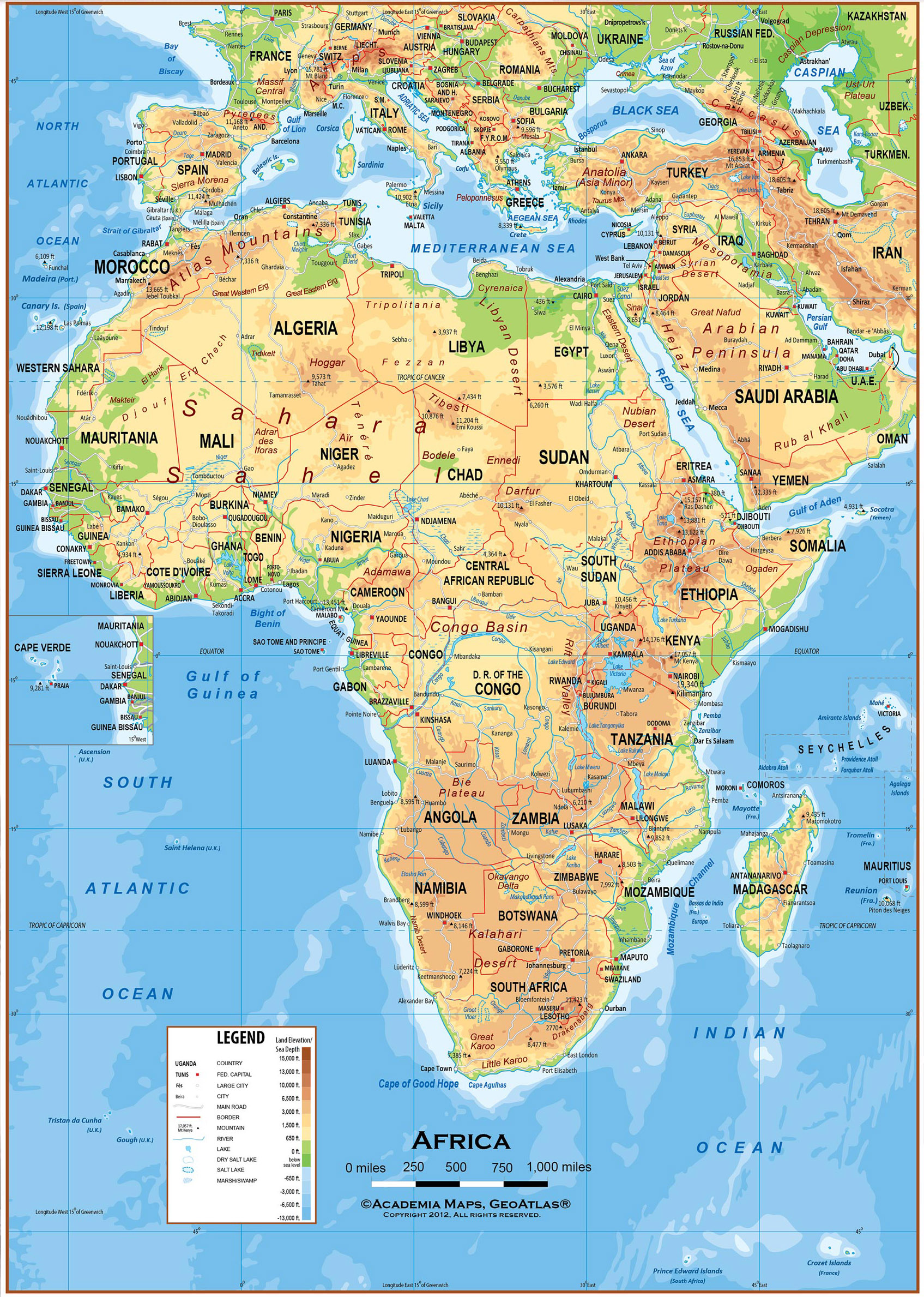West Africa. New hopes
Slave Trade
 In 1976, a black American called Alex Haley
published a book called Roots. He did not imagine
that his book would become a best-seller and also be made into the most
popular television series ever,
reaching over 130 million viewers worldwide.
Roots
is the story of a boy: "His name was Kunta Kinte.
Kidnapped from Africa and enslaved in America in
1767, he refused to keep his slave name of Toby.
Heirs kept his heroic defiance alive, whispering the
name of Kunta Kinte from one generation to another
until it reached a young boy in Tennessee ...".
In 1976, a black American called Alex Haley
published a book called Roots. He did not imagine
that his book would become a best-seller and also be made into the most
popular television series ever,
reaching over 130 million viewers worldwide.
Roots
is the story of a boy: "His name was Kunta Kinte.
Kidnapped from Africa and enslaved in America in
1767, he refused to keep his slave name of Toby.
Heirs kept his heroic defiance alive, whispering the
name of Kunta Kinte from one generation to another
until it reached a young boy in Tennessee ...".
When the Portuguese discovered a route round the Cape of Good Hope to India in 1497, they began a new slave trade based upon West Africa. Soon the British, French, Dutch and Danes were transporting West Africans to America and the Caribbean as slave labour. Over 12 million African slaves crossed the Atlantic. The British were the first to abolish the slave trade in 1833. In 1857, America ended slavery, which was one of the causes of the Civil War. Today there are about 60 million people of African descent in the Americas.
Outside Influence
The great kingdoms of West Africa, such as the Asante (in present day Ghana) and Yoruba (in Nigeria) have often faced powerful outside influences. Until the sixteenth century, the main European visitors to West Africa were traders. But they quickly took a more active part in local affairs. Sierra Leone was founded by Christian anti-slavery campaigners in 1787. Liberia was founded as a home for freed American slaves in 1821.
The French and the British eventually colonised West Africa, dividing it between them. The result today is that countries like Nigeria, Gambia and Ghana use English as their common language, while their neighbours in Togo, Senegal or Benin use French. Even though these countries have been independent since the 1960s, the rivalry between anglophone and francophone regions remains, often encouraged by American and European governments and companies.
The story of cultural influence, however, has not been entirely one-way. West African art is ancient and original. Modern European artists like Picasso and Matisse were greatly influenced by its sculpture and carving.
After the European
The British and French colonial governments drew the borders of the West African states without considering local geography, culture or economics. The result is that, as independent countries, these states have suffered political instability. This has slowed up development.
Nigeria is made up of many different ethnic groups, who speak over 200 languages. The British united the Muslim north with the richer, Christian south. After independence, regional rivalries worsened, resulting in a civil war and military government.
Military regimes have also taken over other countries in West Africa, such as Ghana and Sierra Leone. In spite of this, West Africa has developed economically, helped by the exploitation of gold, diamonds and bauxite (aluminium) and oil, especially in Nigeria. Plantations have replaced traditional farms in some areas, growing cotton, palm oil and rubber. Development has brought its own problems, especially because of the presence of powerful foreign companies. Liberia was never colonised, but at one time the Firestone rubber company dominated its entire economy.
Other developments indicate a brighter future for West Africa. A Ghanaian, Kofi Annan, became Secretary General of the United Nations. Nigeria and Cameroon are among the best teams in World Cup soccer. Tourism is growing in countries such as Gambia and Senegal.
“In the English-speaking World”